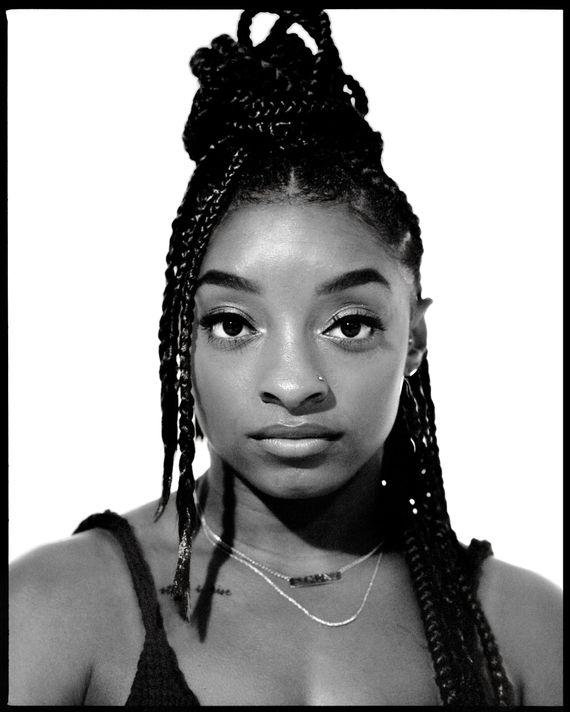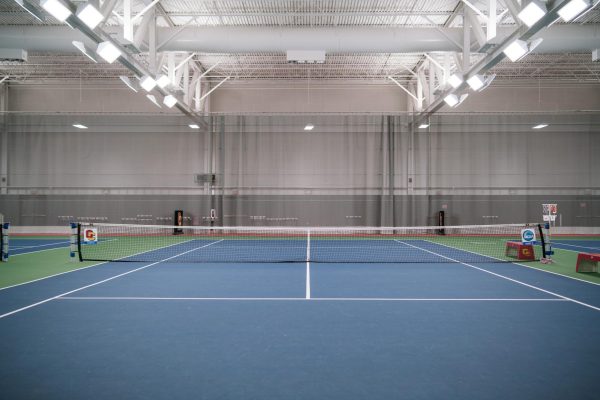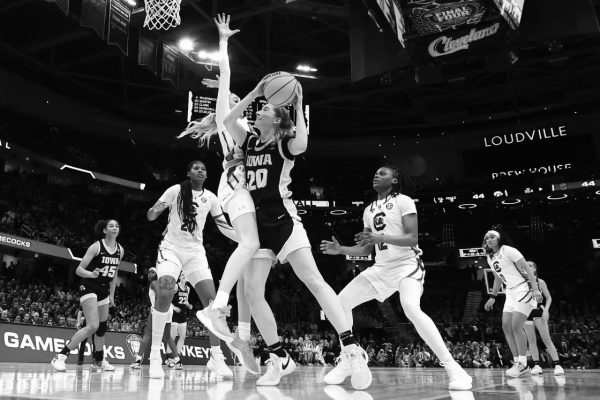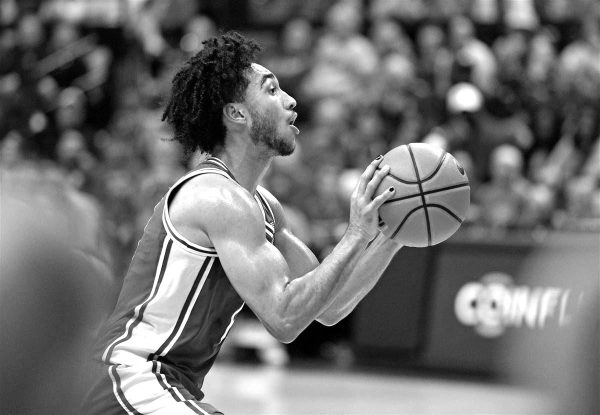Mental Health in Athletics: Overlooked and Underrepresented
Simone Biles featured in the The Cut, “Simone Biles Chose Herself ‘I should have quit way before Tokyo.'”
In the athletic world, mental health is often overlooked. Athletes are seen as the epitome of physical and, in turn, mental strength — they are able to sacrifice an outside life for a love of their sport. But when does the work they’re putting in cross the line of mental boundaries, and when does the pressure become too much to bear?
On the international stage, American gymnast Simone Biles recently made headlines by withdrawing from the Tokyo 2020 Olympic Game finals. Following the 2018 reveal of sexual assault by former USA Gymnastics doctor Larry Nassar and the increased pressure of a looming trial, Biles stepped down from the competition and stepped away from the lure of adding to her impressive collection of seven Olympic medals. Despite backlash from the public for backing down, she was proud of her decision. In an interview with The Cut she explained her decision with an analogy that rings true to all-too-many athletes.
“Say up until you’re 30 years old, you have your complete eyesight,” Biles said. “One morning, you wake up, you can’t see s**t, but people tell you to go on and do your daily job as if you still have your eyesight. You’d be lost, wouldn’t you? That’s the only thing I can relate it to. I have been doing gymnastics for 18 years. I woke up — lost it. How am I supposed to go on with my day?”
It is easily forgotten how much of sports is a mentality. Athletes exert themselves to their physical limits, quite literally having to disregard physical discomfort or even pain, for the sake of competition. Some are driven by success, but even the most unrelated mental hurt can damper that drive. Depression, anxiety, and trauma all add to the mental obstacle that challenges athletes to be their best. Although Simone was in therapy for a while, she took getting cleared to continue gymnastics as being done with therapy forever.
For many athletes, this can hit too close to home. Amidst the stress of an ongoing pandemic, a lot of student-athletes are noticing the mental strain of getting back into the daily routine of balancing physical and mental success. The isolation brought by the COVID-19 pandemic has shined a light on many preexisting mental health struggles for a lot of athletes, and many in the spotlight are coming forward with their experiences and how COVID-19 influenced their success coming back to their sports after so long.
For women’s lacrosse college fourth-year Annie Payne, coming back to being in season was more of a relief than a burden. Being able to play and compete has allowed her to reset and clear her mind. She feels that she is at her best as a student, athlete, and friend when in season. She goes on to speak about her struggles being injured and how that provided a mental block for her in the recent season.
“It’s taken me a long time for me to figure out how to pull myself out when I’m in a tough spot mentally,” she says.
Payne relays how many people cannot give the same power to sports to clear their minds and how some need external support to do so. She notes the stigma about asking for help in the athletic community, and how there could be better support here at Oberlin College.
“A lot of [the] time I don’t think that people realize mental health is still a significant issue in athletics,” Payne says. “Many athletes are not fully aware of the resources available on campus, and I know some have trouble balancing mental health and the increased time commitments of being in season.”
Similarly to Payne, second-year field hockey player Dee Pegues feels that their mental health is taken seriously as a student, but not as much as an athlete.
“I’ve never heard of support specifically for athletes with regards to mental health,” they say.
Playing a sport takes up a lot of time, which Pegues believes the professors do not acknowledge. In their experience, professors believe academics are the most important, whereas coaches believe athletics should come first, which is inherently conflicting.
Not knowing if these support systems exist can be challenging for student-athletes, especially after not having a season for so long. Their return to athletics has been a rough one. For some second-year athletes, their first real collegiate season was a rude awakening into how hard it is to balance college academics and athletics, which is persistent among many of our athletes.
Fourth-year field hockey player Eli Modahl feels very supported in her mental health.
“The primary way I have gotten through it is by reaching out to teammates and asking them for support,” Modahl says. “I’ve never been let down by my team when I’ve needed help in any way.”
Modahl speaks of the team environment being super supportive, and says that if anyone ever needs any help, she would try to get their teammates the resources that they need.
Support comes in many forms but it is ultimately lacking in the universal athletics community, even affecting our very own campus. Athletes are forced to look inwards to their own teammates because those in power do not always help or do not relay the resources that are available. It is when those resources become widespread that athletes will truly be able to thrive at the top of both their mental and physical game.






